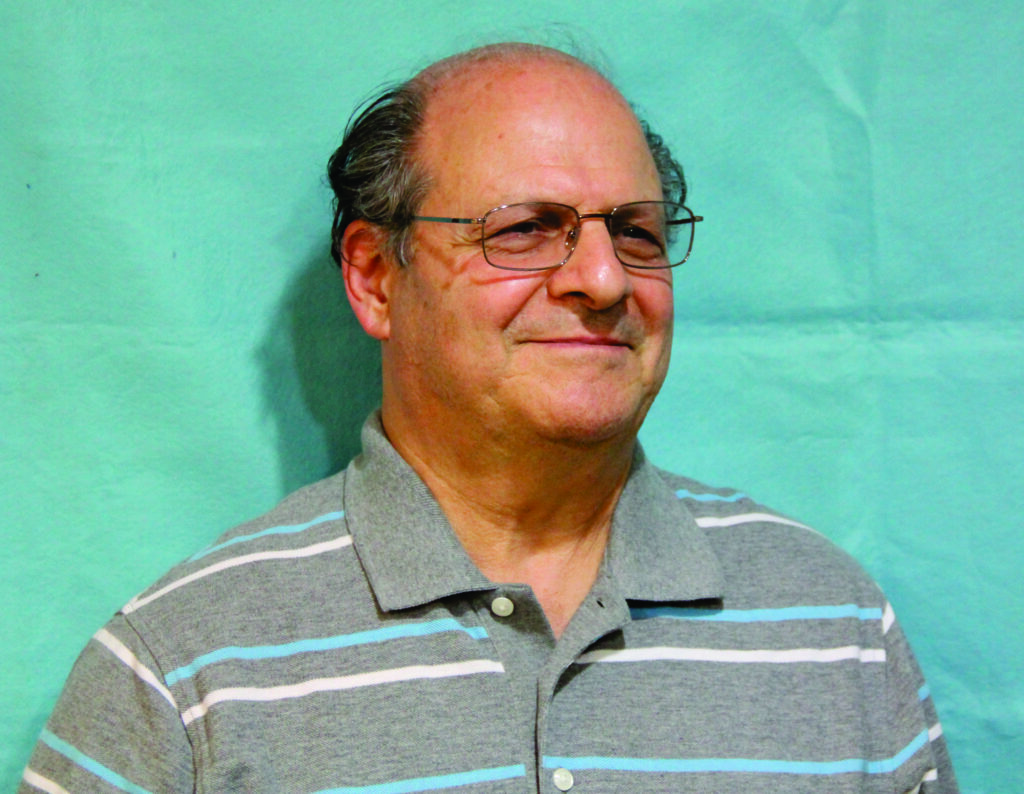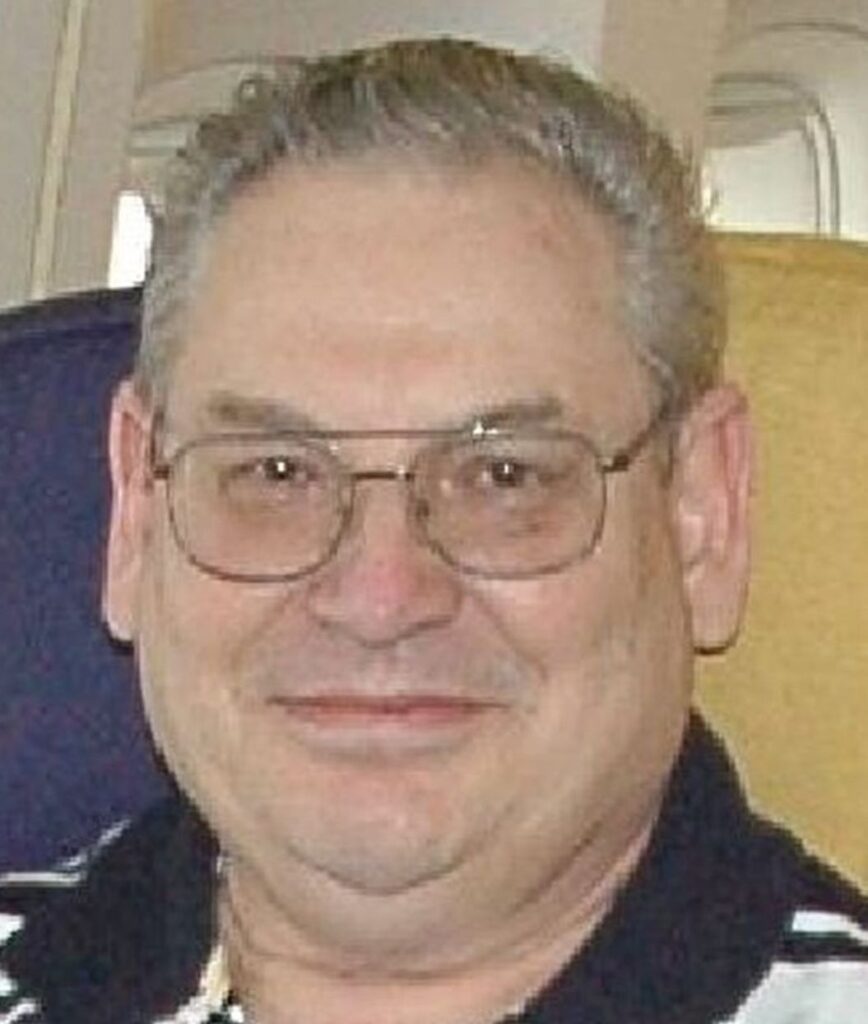Course Description
Format: Online Course
Date: March 18-20, 2025 &
March 25-27, 2025
(all times are ET)
- Tuesday, March 18 – 12:00pm-4:00pm
- Wednesday, March 19 – 12:00pm-4:00pm
- Thursday, March 20 – 12:00pm-4:00pm
- Tuesday, March 25 – 12:00pm-4:00pm
- Wednesday, March 26 – 12:00pm-4:00pm
- Thursday, March 27 – 12:00pm-4:00pm
Reg. Deadline: March 10, 2025
Epicyclic Gear Systems Design
Learn and define the concept of epicyclic gearing, including some basic history and the differences among simple planetary gear systems, compound planetary gear systems and star drive gear systems.
Cover concepts on the arrangement of the individual components including the carrier, sun, planet, ring and star gears and the rigid requirements for the system to perform properly. Critical factors such as load sharing among the planet or star gears, sequential loading, equal planet/star spacing, relations among the numbers of teeth on each element, calculation of the maximum and optimum number of planet/star gears for a specific system will be covered.
Provides an in-depth discussion of the methodology by which noise and vibration may be optimized for such systems and load sharing guidelines for planet load sharing.
How Many CEUs Will I Earn?
As an IACET-accredited provider, AGMA offers 2.0 CEUs for this class.
Learning Objectives
- Restate exactly what makes a gear system an epicyclic system
- Calculate the total reduction ratio of an epicyclic system and that of a star system.
- Identify differences and similarities between split power systems and true epicyclic systems.
- Recognize when the use of a star drive system is preferred over a planetary system.
- Explain the importance of equal planet/star gear spacing and how a system be designed with unequal planet spacing.
- Interpret how the numbers of teeth selected for the individual gears in an epicyclic or star drive gear system affect the noise and vibration characteristics of the system.
- Identify are the advantages of selecting odd numbers of teeth for the planet/star gears?
- Evaluate the numbers of teeth on the sun, planet and internal ring gear not arbitrary and what are the relations that must be maintained among these tooth numbers and why
- Explain how the design of the carrier affects the overall performance of these complex systems
- Determine how does input speed affect the design of an epicyclic system and why are the speed concerns different for epicyclic and star drive systems
- Restate how the selection of the “fixed” member in a planetary system affect the ratio and relative rotation directions of the input and output shafts?
- Describe the design and use of load balancing systems including floating sun gears, and floating ring gears.
Registration Rates
Member Rates
First Registrant per Member Company
Early Bird*/Standard
$1,950/
$2,050
Additional Registrant per Member Company
$1,850
NON-MEMBER RATE
First Registrant per Non-Member Company
Early Bird*/Standard
$2,450/
$2,550
Additional Registrant per Non-Member Company
$2,350
*Rate ends 2/4/25
Are you a member of the American Bearing Manufacturers Association (ABMA)? As an ABMA member, you receive discounts on all programs that AGMA offers. Email AGMA Education at education@agma.org for a complimentary promo code to receive member pricing on this course.
Instructors

Raymond J. Drago, P.E.
Raymond J. Drago is Chief Engineer of Drive Systems Technology, Inc. (DST), a mechanical power transmission consulting organization that he founded in 1976. Mr. Drago also worked for the Boeing Company – Helicopters Division until his retirement after 37 years of service. Currently Mr. Drago is involved in the analysis, design, manufacture, assembly, and testing of many gear systems. In his role with DST, Mr. Drago is active in all areas of mechanical power transmission, including the design and analysis of drive systems in a very diverse field of application from heart pumps to very large mining & mill gears. He has used his 58 years of gear technology experience to prepare and deliver more than 150 Technical Papers and 385 courses dealing with various aspects of gear design and analysis.
I started working at Boeing in 1967 and continued until my retirement in 2004. I started Drive Systems Technology in 1976 as a part time activity while still working at Boeing (with Boeing’s knowledge and approval, under strict guidelines) which eventually grew to the point where I retired early from Boeing in order to pursue DST as a full-time activity.

Steve Cymbala
Steve Cymbala has served as Senior Drives Engineer for Drive Systems Technology, Inc. for more than 40 years. In this capacity, Steve performs gearbox design functions as well as client drawing reviews prior to placement of orders. He performs field gearbox failure investigations as well as witnessing various Non-Destructive Examination inspections at gear manufacturing facilities on behalf of DST, Inc. clients. Steve was an employee of the Boeing Company for 34 years where he held a position of Staff Engineer.
Photo Release
From time to time AGMA uses photographs, survey answers and testimonial of AGMA events in its promotional materials. Unless this permission is revoked in writing to the AGMA, by virtue of your attendance all attendees agree to the use of their likeness in such materials.
Cancellation and Payment Policy
Please view our cancellation policy.
Please view our late registration policy.
Please view our code of conduct.